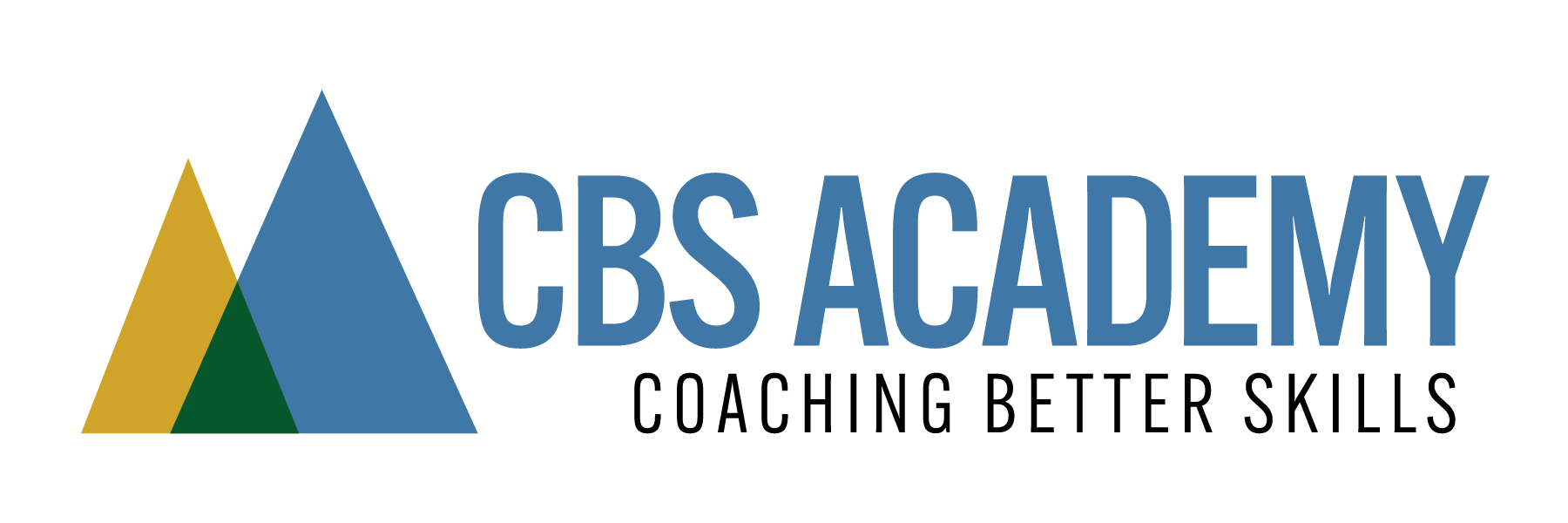Write your awesome label here.
Strategies to Measure Your Growth as a Leader
Measuring your growth as a leader is a multifaceted process that involves both self-assessment and evaluating the performance of your team. By setting clear goals, understanding what you want to achieve, and leveraging various strategies, you can effectively track your development and ensure continuous improvement.
Team Performance
One of the most tangible ways to measure your growth as a leader is through the performance of your team. Leadership success is often reflected in how well your team performs, both individually and collectively. Key performance indicators (KPIs) such as productivity, quality of work, and achievement of targets can provide valuable insights. If your team consistently meets or exceeds goals, it indicates effective leadership. Conversely, frequent shortfalls may signal areas needing improvement
Setting Goals
Setting clear, specific goals is essential for measuring growth. These goals should be both short-term and long-term, providing a roadmap for what you want to achieve. For instance, you might set a goal to improve team communication within three months, and another to enhance overall team performance within a year. Regularly reviewing these goals helps you stay focused and provides benchmarks against which to measure progress.
Self-Assessment
In addition to team performance, self-assessment is a critical component of measuring leadership growth. This involves reflecting on your leadership style, decision-making processes, and interpersonal skills. Tools like 360-degree feedback, where you receive anonymous feedback from peers, subordinates, and supervisors, can provide comprehensive insights into your leadership effectiveness. This feedback can highlight strengths and reveal areas for development that you might not have considered.
Seek Mentorship
Another strategy is to seek mentorship or coaching. A mentor can offer an external perspective on your leadership abilities and provide guidance on how to improve. Regular sessions with a coach or mentor can help you set realistic goals, track your progress, and stay accountable.
Monitor Adaptability
Monitoring your adaptability and resilience in the face of challenges is also a measure of growth. Effective leaders are those who can navigate change, handle setbacks, and continue to inspire their team despite difficulties. Reflecting on how you respond to and manage crises can reveal significant insights into your development as a leader.
Professional Development
This is a feature deFinally, professional development through training and education is crucial. Engaging in continuous learning, whether through formal courses, workshops, or reading, can help you acquire new skills and stay updated with the latest leadership trends and best practices.scription, to be used in the description box
